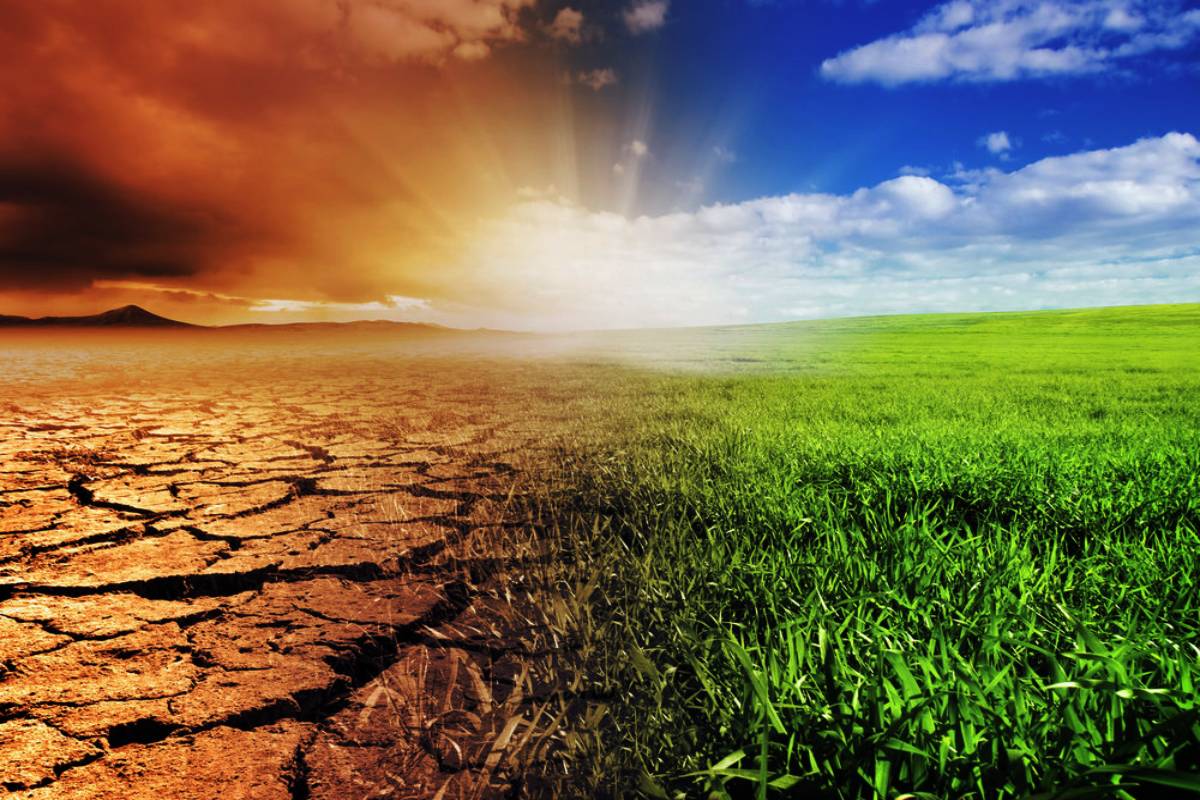Data from the European Union’s climate observatory shows surface temperatures of the world’s oceans surged to an unprecedented 20.96 degrees Celsius on July 30. This is indeed concerning as it surpasses all previous records. The urgency of addressing this trend has been underscored by the EU’s Copernicus Climate Change Service. Climate change remains a critical issue, and efforts to address it are crucial. Rising ocean surface temperatures have significant implications for both marine ecosystems and global climate.
Addressing the implications of rising ocean surface temperatures requires concerted efforts to mitigate climate change, reduce greenhouse gas emissions, and protect marine ecosystems through sustainable practices and conservation measures. This calls for international cooperation and policies to safeguard the health and resilience of the world’s oceans and the countless benefits they provide to the planet and human societies. Ironically, addressing climate change and its impact, including warmer oceans, has been a complex and challenging process. While some progress has been made, there are several reasons for the perceived slowness in action.
Advertisement
Climate change is a multifaceted and interconnected problem that involves various sectors of society, from energy production to transportation, agriculture, and more. Finding comprehensive solutions requires coordinated efforts across different industries and regions. Climate policies can be politically sensitive and face resistance from various stakeholders, including industries that may be impacted by regulatory changes. Balancing short-term economic interests with long-term environmental goals can lead to delays in decision-making. Transitioning to more sustainable practices and technologies may require upfront investments and potentially disrupt established economic systems. Some governments and leaders may be hesitant to make these changes due to concerns about economic stability and growth. Climate change is a global issue that requires collaboration among countries with differing priorities, resources, and responsibilities. Negotiating and implementing international agreements can be time-consuming. While public awareness of climate change has grown, sustained pressure from citizens and advocacy groups is necessary to motivate governments and leaders to take decisive action. Developing and implementing effective policies that lead to meaningful change can be complex, and requires careful planning, resources, and monitoring. Politicians often have relatively short terms in office, which can lead to a focus on shortterm goals rather than long-term, complex issues like climate change. Despite these challenges, there have been important developments, such as the Paris Agreement, increased investments in renewable energy, and growing awareness of climate issues.
As awareness continues to grow and the impacts of climate change become more evident, there is hope that governments and global leaders will increasingly prioritise action to mitigate climate change and address the warming of our oceans. Public pressure, technological advancements, and a shared understanding of the urgency of the situation are all factors that can contribute to accelerating the pace of change. The elephant in the room though is the growing economic divide between the people of the world; the rich are getting richer by polluting more, while the poor find themselves increasingly unable to combat the impacts of this excess.











